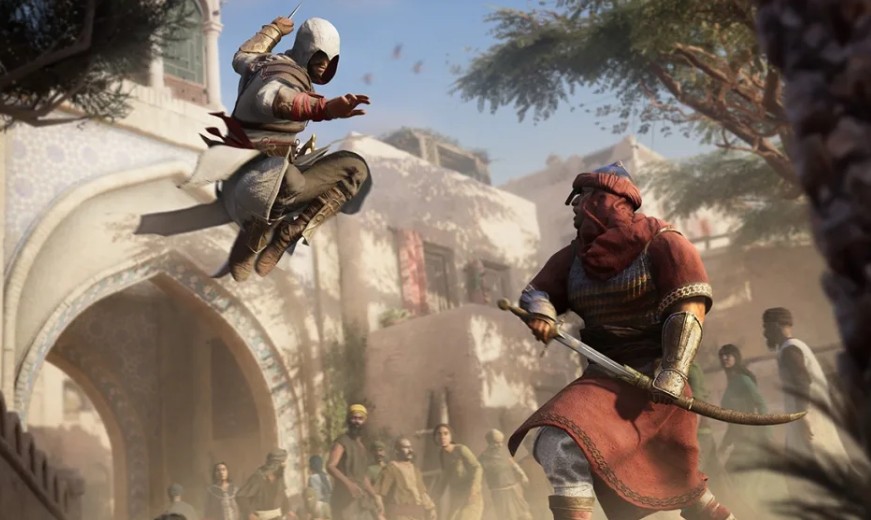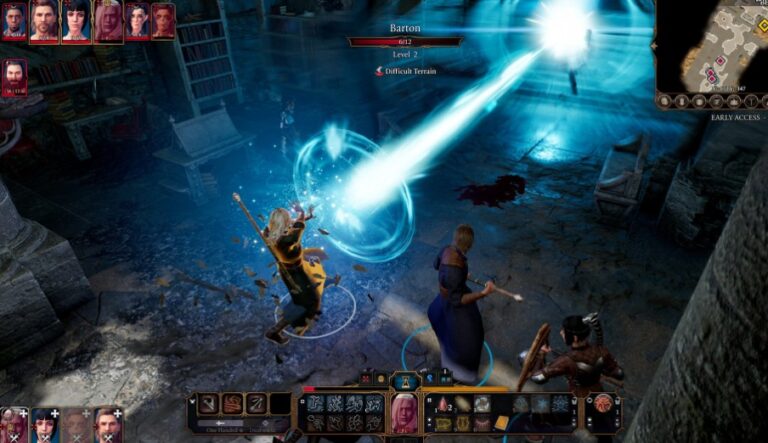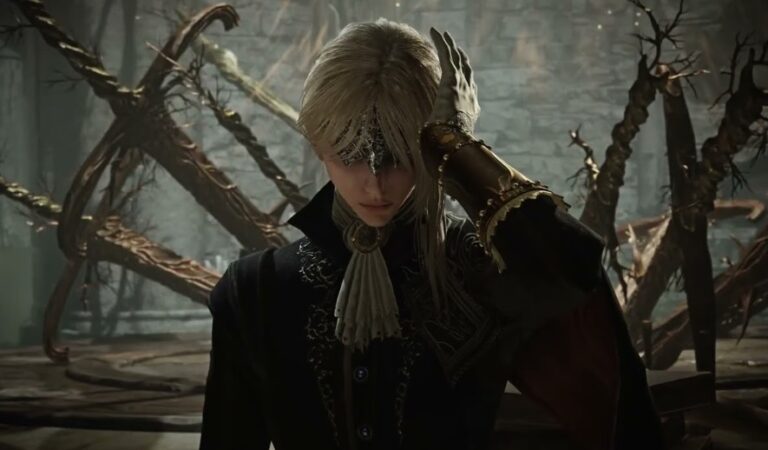Assassin’s Creed Mirage – A True Return to the Series’ Roots?
1: Introduction To Assassin’s Creed Mirage
Ubisoft has positioned Assassin’s Creed Mirage as a nostalgic journey back to the franchise’s origins. After years of expansive RPG entries like Origins, Odyssey, and Valhalla, Mirage promises a smaller-scale adventure focused on stealth, parkour, and story. But does it truly capture the spirit of the early games?
2: Story And Setting
Set in 9th-century Baghdad, Mirage tells the tale of Basim Ibn Ishaq, a character fans may recognize from Valhalla. The narrative is grounded, focusing on his transformation from street thief to master assassin. Baghdad is vibrant and historically rich, providing a backdrop that feels alive with culture, politics, and intrigue. The story is tighter than recent AC titles, making it more personal and engaging.
3: Character Development
Basim’s character arc is central to Mirage. Players witness his struggles, ambitions, and choices as he embraces the Creed. Compared to past protagonists, Basim feels complex and morally layered, offering depth that fans of Ezio or Altair might appreciate. His journey provides both emotional weight and insight into the broader Assassin’s Creed lore.
4: Stealth Mechanics
Mirage emphasizes stealth, a feature many fans missed in the RPG-focused entries. Social stealth returns, allowing players to blend into crowds, bribe guards, and use disguises. Tools like smoke bombs and throwing knives enhance tactical play. Missions encourage patience and planning, rewarding those who prefer silent assassinations over brute force.
5: Parkour And Movement
Parkour has always been a defining feature of the series, and Mirage improves on it. Movement feels smoother, with animations designed to evoke the fluidity of earlier titles. Baghdad’s rooftops and tight alleyways are built for climbing, leaping, and escaping. While not as expansive as recent open worlds, the city is crafted to highlight verticality and flow.
6: Combat System
Combat is simplified compared to the RPG entries, focusing on precision rather than power. Enemies are dangerous if approached head-on, reinforcing the importance of stealth. Players who enjoy strategic takedowns and quick assassinations will find the combat system rewarding, though those expecting deep skill trees may feel limited.
7: Visuals And Atmosphere
Visually, Mirage is stunning, with detailed architecture, bustling markets, and a warm color palette that captures the spirit of Baghdad. The art direction emphasizes immersion, making the city feel alive and authentic. The atmospheric soundtrack complements the visuals, enhancing the historical setting.
8: World Design And Exploration
Unlike sprawling worlds in recent AC games, Mirage opts for a denser, more focused map. Baghdad is filled with secrets, contracts, and hidden paths, encouraging exploration without overwhelming players. This design philosophy harkens back to the series’ earlier games, where cities were the core playground.
9: Community And Fan Reception
Fans have welcomed Mirage as a refreshing change of pace. Many appreciate the focus on stealth, story, and parkour. However, some players accustomed to RPG mechanics like leveling, loot, and massive skill trees feel the game is too scaled back. Still, for purists, this return to basics is exactly what they hoped for.
10: Is Mirage A True Return To Roots?
Mirage succeeds in recapturing the essence of Assassin’s Creed — stealth, parkour, and narrative-driven gameplay. While it doesn’t reinvent the franchise, it delivers a focused experience that feels both nostalgic and modern. For players longing for the spirit of Assassin’s Creed II and Brotherhood, Mirage is a welcome return.
Conclusion
In conclusion, Assassin’s Creed Mirage is a deliberate step back to what made the series iconic in the first place. By prioritizing stealth, story, and immersive city design, it offers a refreshing contrast to the expansive RPG direction of recent entries. While it may feel stripped down for some, it succeeds in being a true homage to the franchise’s roots — a reminder of why Assassin’s Creed captured players’ imaginations in the first place.







